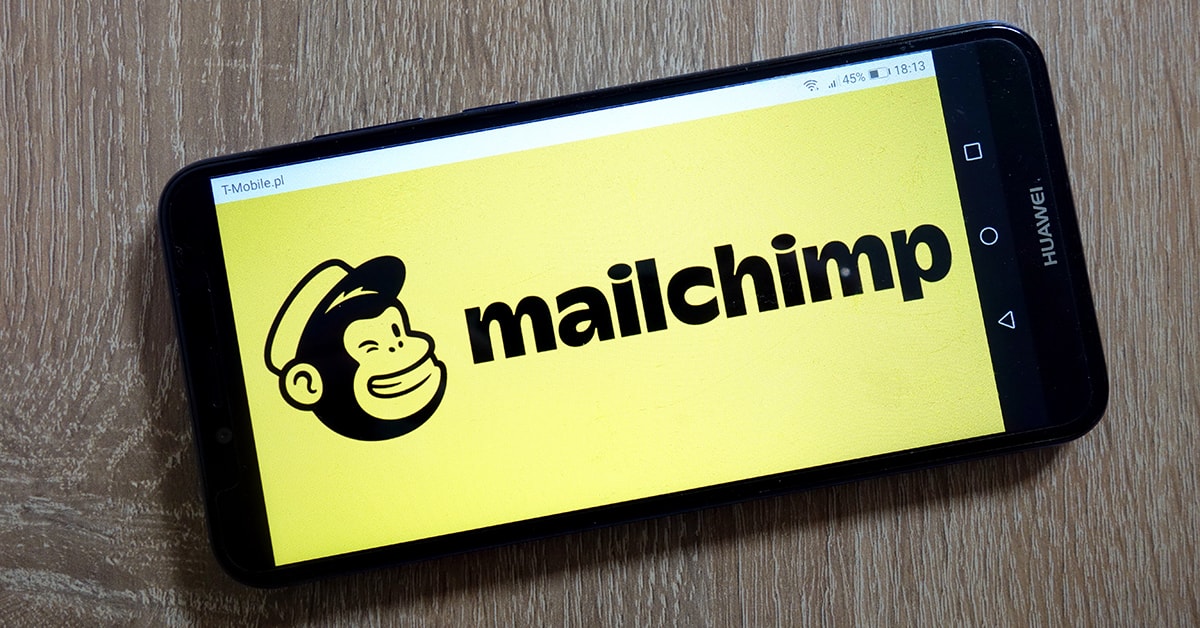Bootstrapping can be risky but also lucrative.

The planned $12 billion purchase of email marketing platform Mailchimp by personal-finance behemoth Intuit is the largest-ever acquisition of a bootstrap startup (mostly funded by founders).
Caroline Lane, a partner at ProperExpression, a growth marketing agency, says bootstrapping provides more control, no pressure to sell, more room to give equity to employees and larger financial rewards in case of an exit.
“Bootstrapping entrepreneurs can focus their entire company on building a strong product and business model,” she adds. “Executive teams don’t have to spend months out of the year fundraising. They also must find their product market fit quickly, as they only rely on the initial investment from founders and revenue to pay the bills, which can give them an advantage.”
This is certainly the case for Mailchimp, which was founded in Atlanta in 2001 as a side project of its founders, Ben Chestnut and Dan Kurzius. Fast forward to today, and Mailchimp is the ultimate e-marketing tool, boasting $1 billion in revenue and 12 million-plus customers.
Choosing bootstrapping as a funding option, Lane says, depends on how much money is required to build a product that can provide returns, how much money entrepreneurs are able or willing to invest, how competitive their market is and if they are happy with slower growth.
For startups that need to generate awareness and continuous excitement—for a consumer platform, for example—Lane suggests they will need between $10 to $15 million worth of funding. “But, if you don’t have a lot of fixed costs required for launching,” she adds, “because you can do most of it in-house, can find clients with good bare-bone marketing and some networking and you have some initial personal funds to invest, you probably can bootstrap it.”
In a competitive, well-funded market, Lane warns that the (usually) slower growth of a bootstrapped company could see it driven out of business by a well-funded one.
For those able to resist investor dollars, however, bootstrapping can provide the freedom to scale a business to fit your own vision.



